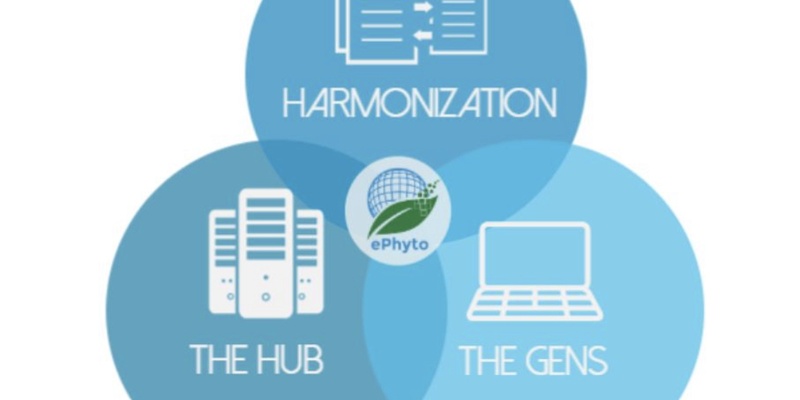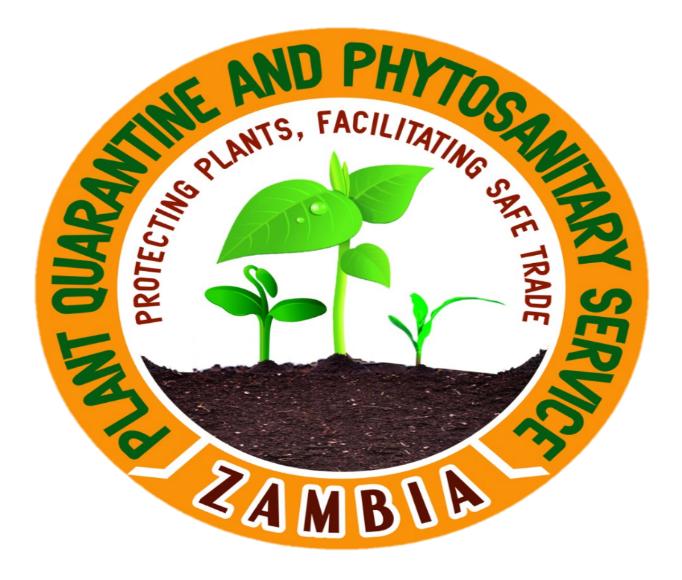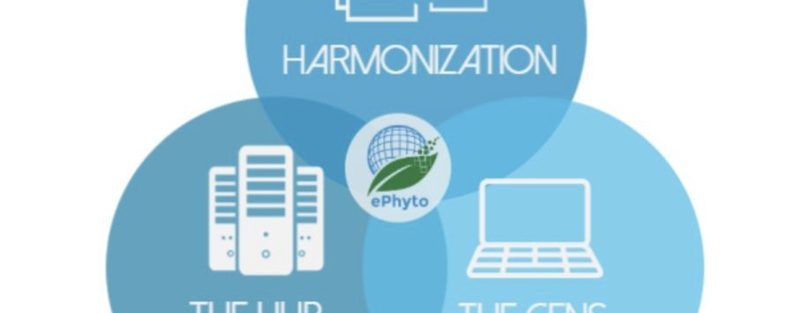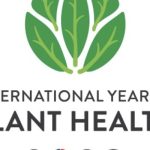Posted on Fri, 08 Apr 2022, 15:26

The International Plant Protection Convention’s Phyto Solution has exchanged over 2 million digital phytosanitary certificates or ePhytos from inception to date. On average, this translates to more than 100,000certificates exchanged each month. Moreover, as of 1 April 2022, 108 countries have registered in the ePhyto system, with sixty-five exchanging in full production and 40 using the web-based GeNS system.
The update was provided by Craig Fedchock, IPPC Senior Advisor and ePhyto Programme Director at the Commission on Phytosanitary Measures (CPM-16) virtual meeting second on 7 April 2022 and attended by more than 330 stakeholders and Contracting Parties. Craig added that a resource mobilization meeting would be held on 27 April 2022, and a webpage of Arabic language would be introduced soon.
The IPPC ePhyto solution is a tool that transitions the conventional paper phytosanitary certificate information into a digital phytosanitary certificate or “ePhyto”. This electronic exchange between countries makes trade safer, easier, faster, cheaper and more environmentally friendly. Contracting parties can exchange ePhytos with any other country on the system using their own national systems or using the web-based GeNS system. The GeNS allows countries without their own system to produce, send and receive ePhytos through the HUB. The ePhyto HUB is the core of the system that facilitates the exchange of ePhytos between National Plant Protection Organizations (NPPOs).
Capacity building ramped up
One of the reasons for the success of the ePhyto Solution is attributed to increased awareness and training of stakeholders along the ePhyto system value chain. The IPPC Secretariat conducted a series of workshops and webinars with representatives of the ePhyto Industry Advisory Group. Regional webinars were held for Eastern Europe and Central Asia, the near East and North Africa, and the South African Region in cooperation with the FAO regional offices in Budapest, Cairo and Harare. Individual national events took place with the Republic of Korea, the People’s Republic of China, the Dominican Republic, Cote D’Ivoire, Bahamas, and Costa Rica.
Partnerships key to Success
Led by the IPPC Secretariat’s ePhyto Team, the ePhyto revolution has been a success thanks to partnerships formed among governments, industry and international organizations working together to build and support an inexpensive, efficient and money-saving tool to facilitate trade for any IPPC Contracting Party wishing to do so.
“The ePhyto solution is growing rapidly. We have strong partnerships with industry and a number of international organizations. The relationships we have formed are unique in the world in that we are all working seamlessly toward the goal of facilitating safe and efficient trade in plants and plant products”, says Mr. Fedchock.
Partners include the Global Alliance for Trade Facilitation, a key collaboration in the implementation of the ePhyto Solution in developing and less-developed countries. The Alliance is engaged in ’s ePhyto projects have been earmarked in countries as diverse as Morocco, Nigeria, Madagascar, Jordan, Cameroon, and Fiji, among others. The Alliance is unique in that it brings together a coalition of both government and the private sector to introduce, implement and train in the use of the IPPC ePhyto solution becoming a virtual extension of the Secretariat and the United Nations International Computing Centre (UNICC).
The combination of the Alliance, the IPPC Secretariat ePhyto Team and the IT providers, UNICC, has resulted in a partnership of very diverse entities working together seamlessly to provide a modern, improved trade environment for both producers and consumers of plants and plant products.
For more information, please read https://www.ephytoexchange.org/landing/



